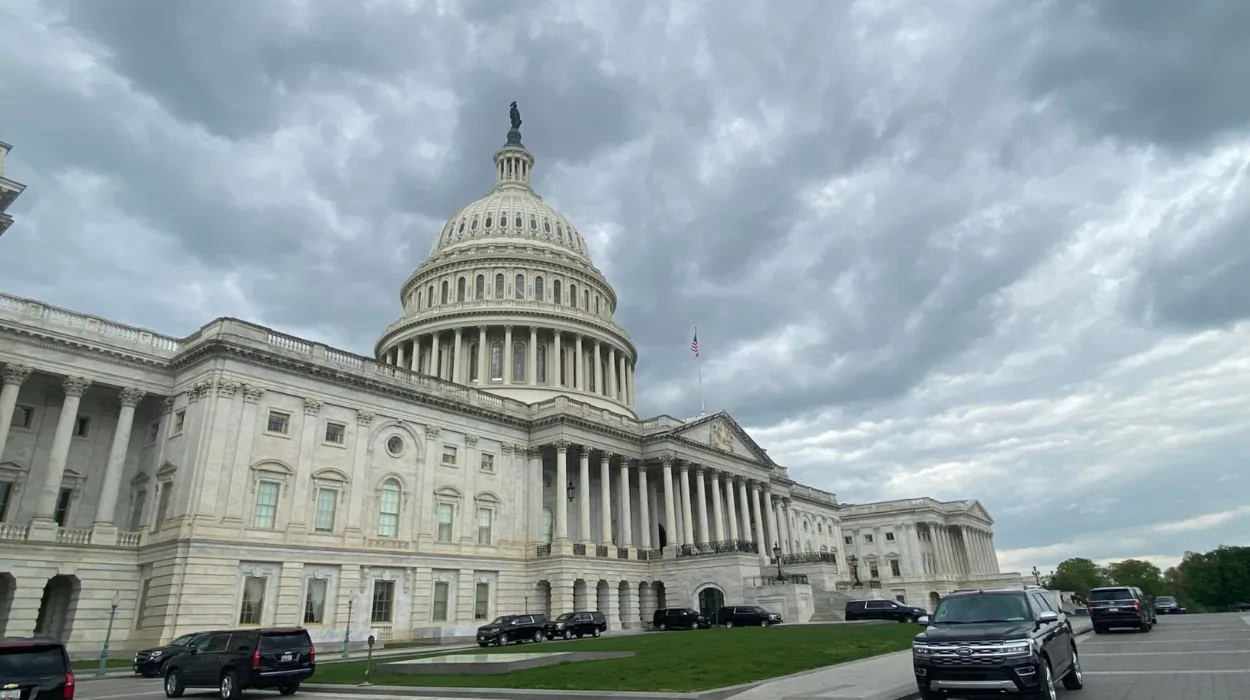USA (Transatlantic Today) – Alaska’s only seat in the US House of Representatives is significant in a deeply divided Congress. As one of the few remaining swing districts, the outcome of this election could affect which party controls the House of Representatives, and thus national policy on issues ranging from abortion to oil exploration.
Current and former candidates highlight the race’s importance. Incumbent Democrat Rep. Mary Peltola, elected in 2022, notes the razor-thin margins in Congress. Republican candidate Lt. Gov. Nancy Dahlstrom, endorsed by Donald Trump, underscores the potential impact on national politics, stating her alignment with Trump could drive significant legislative collaboration.
Diverse Field of Contenders
The race features diverse candidates: the Democratic incumbent, four Republicans, three nonpartisans, one without a declared party, an additional Democrat, an Alaskan Independence Party member, and a No Labels Party candidate. Early voting has commenced, with Election Day set for August 20. The top four candidates will advance to the November general election.
Republican challenger Nick Begich views Alaska as at a “pivotal point,” with contrasting perspectives on development. He advocates for increased development, emphasizing Alaska’s role in providing critical resources. Independent candidate Santa Claus highlights broader issues such as Social Security, abortion, and environmental policies.
Focusing on Alaska-centric issues, Peltola balances her Democratic alignment with support for local energy projects. She emphasizes fisheries, energy, and consumer issues, often voting independently from her party. Her stance on international issues, particularly regarding Israel and Gaza, has drawn criticism from some constituents.
According to Alaskabeacon, reproductive health is a contentious topic. Peltola supports legislation protecting abortion rights, while her Republican opponents advocate for restrictions, with some emphasizing state-level control. Lesser-known candidates express strong anti-abortion views, further highlighting the issue’s significance in the race.
Republican Hopes for Trump and Oil
Republican candidates Heikes and Salisbury, despite limited financial support, could advance under Alaska’s top-four primary system. Both leading Republicans, Begich and Dahlstrom, stress the need for oil and mineral development, contrasting with broader Democratic opposition. They express hopes for Trump’s reelection, pointing to his pro-drilling policies.
Within the Republican camp, Begich and Dahlstrom receive varied support. Begich opposes ranked choice voting and has pledged to back Dahlstrom if he finishes behind her. Dahlstrom, endorsed by Trump, maintains that local party officials do not represent all Republican voters in Alaska.
As early voting begins, the race for Alaska’s House seat remains critical in determining the balance of power in Congress and shaping the future of key national issues.


























